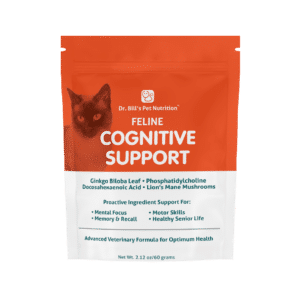
Pyridoxine (B-6)
Vitamin B6 (Pyridoxine)
Vitamin B6 is the common term for three related compounds, pyridoxine, pyridoxal and pyridoxamine and their phosphorylated derivatives pyridoxine 5’ phosphate, pyridoxal 5’ phosphate and pyridoxamine 5’ phosphate. Pyridoxine, pyridoxine 5’ phosphate and pyridoxine glucosides are found in plant foods while pyridoxal 5’ phosphate and pyridoxamine 5’ phosphate are found in animal products.
Vitamin B6 is a water-soluble vitamin that is stable to heat and acid. However, oxidation or exposure to alkali or UV light will destroy it. As much as 50% of vitamin B6 is destroyed during cooking and processing.
Functions of Vitamin B6:
• Precursor of a coenzyme, pyridoxal phosphate (PDP), involved in the metabolism of amino acids and glycogen
• Synthesis of nucleic acids
• Synthesis and metabolism of hemoglobin
• Synthesis of sphingomyelin, sphingolipids and the neurotransmitters serotonin, dopamine, norepinephrine, histamine and gamma-aminobutyric acid a major inhibitory transmitter in the central nervous system
• Acts as a coenzyme for more than 100 enzymes
Pyridoxine assists in the growth of new cells and the functioning of the immune system. B6 is also credited with controlling moods, behavior and sex drive.
All the B vitamins (B complex) benefit the brain, but B-6 is especially important for regulating mood and preventing mental fatigue. This water-soluble vitamin is needed for the brain to produce serotonin, a feel-good neurotransmitter. Vitamin B-6 also helps the body make hemoglobin, the part of your blood that carries energy-boosting oxygen to the brain and other organs. Vitamin B-6 may also help improve memory.
NEW
Subscribe & Save
Save 10% On Auto Deliveries
Shop Now






